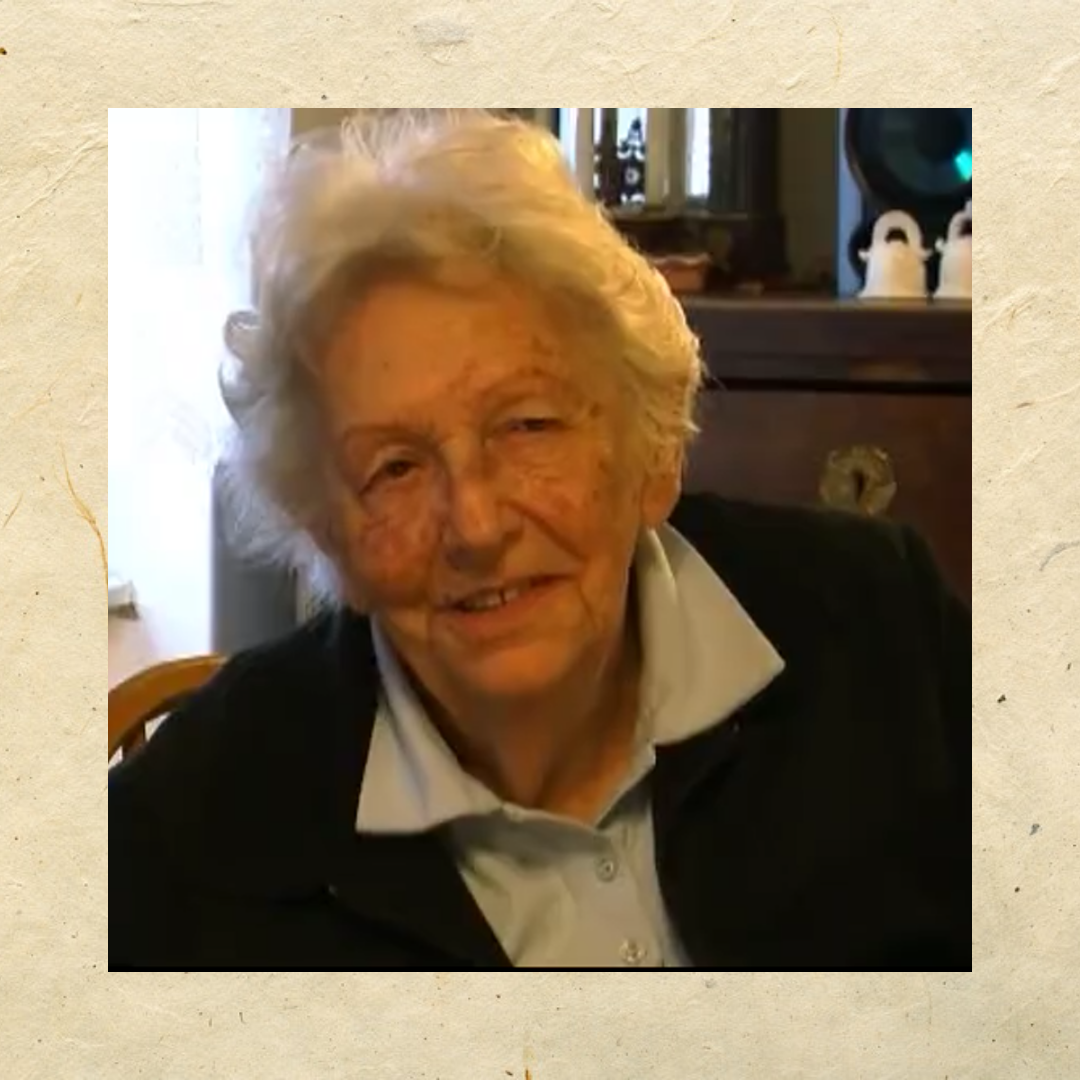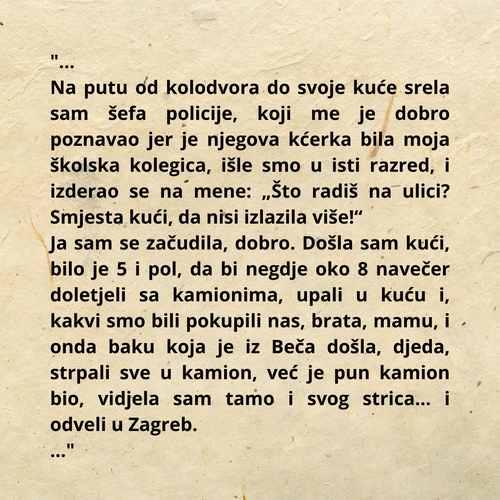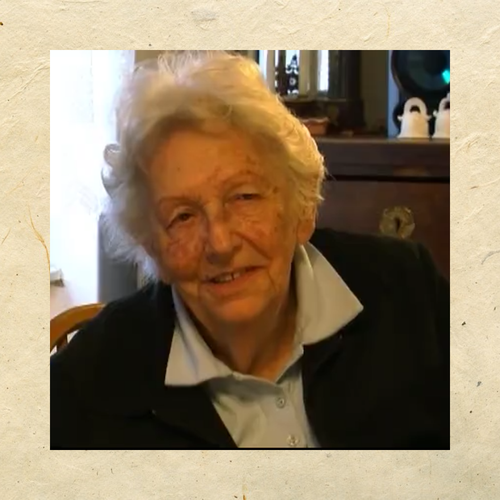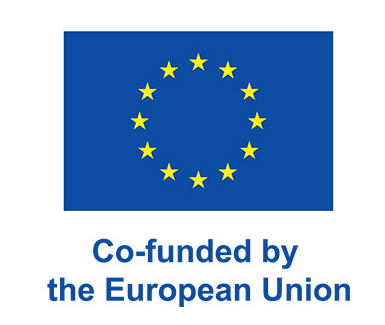BMO / Online campaign - Eva Akerman

Eva Akerman was born into a Jewish family from Varaždin. She was a pharmacy student when the Independent State of Croatia was founded. On the day the Germans entered Yugoslavia, the 6th of April 1941, her father, Artur Krajanski, committed suicide. In the summer of 1941, together with close members of her family, she was taken by the Ustaše to the French pavilion of the Zagreb Fair (today’s Student Centre), which the regime used as a detention camp. After a few days, they were transferred in cattle trucks to the Ustaše prison in Gospić. After the arrival of the Italian troops in Gospić, she managed to escape to Dalmatia, where she got married. However, both she and her husband were arrested by the Italians and sent in June 1943 to the Italian fascist camp of Kampor, on the island of Rab. The male members of her family who stayed in Gospić were taken to Jasenovac by the Ustaše and killed there, while her mother and grandmother were taken to Auschwitz. That is the last thing Eva Akerman knew about the fate of her family. Apart from her, none of the members of her family who lived in Croatia survived the Second World War. After the capitulation of Italy in September 1943, Kampor was shut down and Eva Akerman joined the Partisans. First, she worked in the hospital of the Papuk Military District, then as an assistant in the pharmacy of the Požega Military District, and later as the referent pharmacist for the 12th Corps of Yugoslav Partisans, and as a pharmacist in the Osijek hospital. After the end of the war, she earned a degree in pharmacy at Zagreb University. She lived in Zadar with her husband and was there when the 1990s war broke out. She spent her last days in a retirement home in Zagreb, engaged in painting and music. She died on 3 February 2014.


See the whole interview at: Eva Akerman - video - osobnasjecanja.hr

